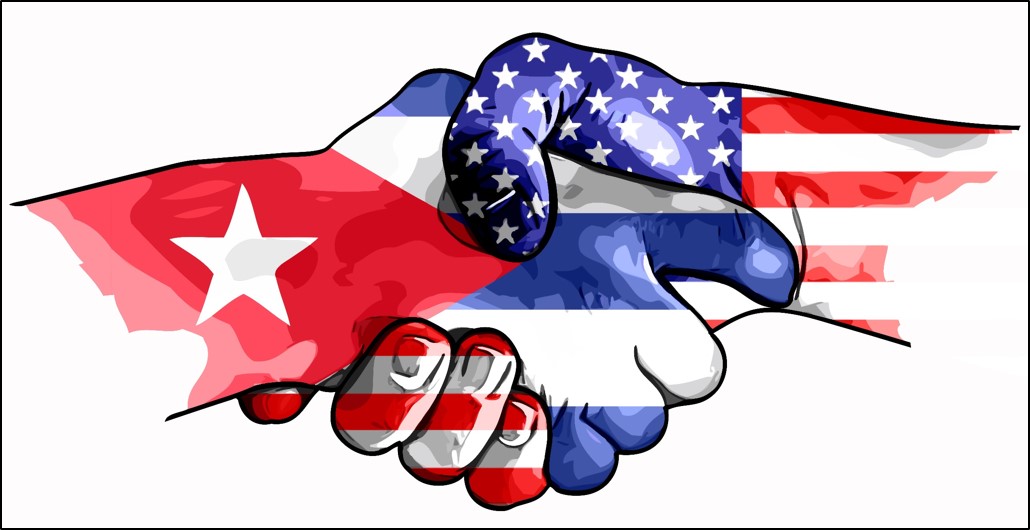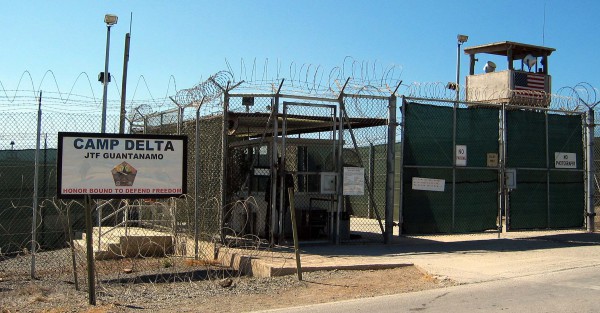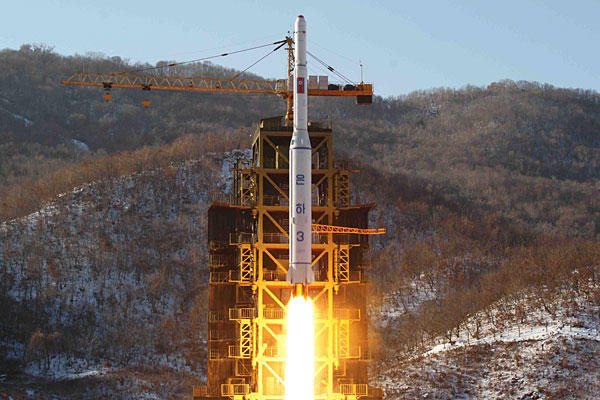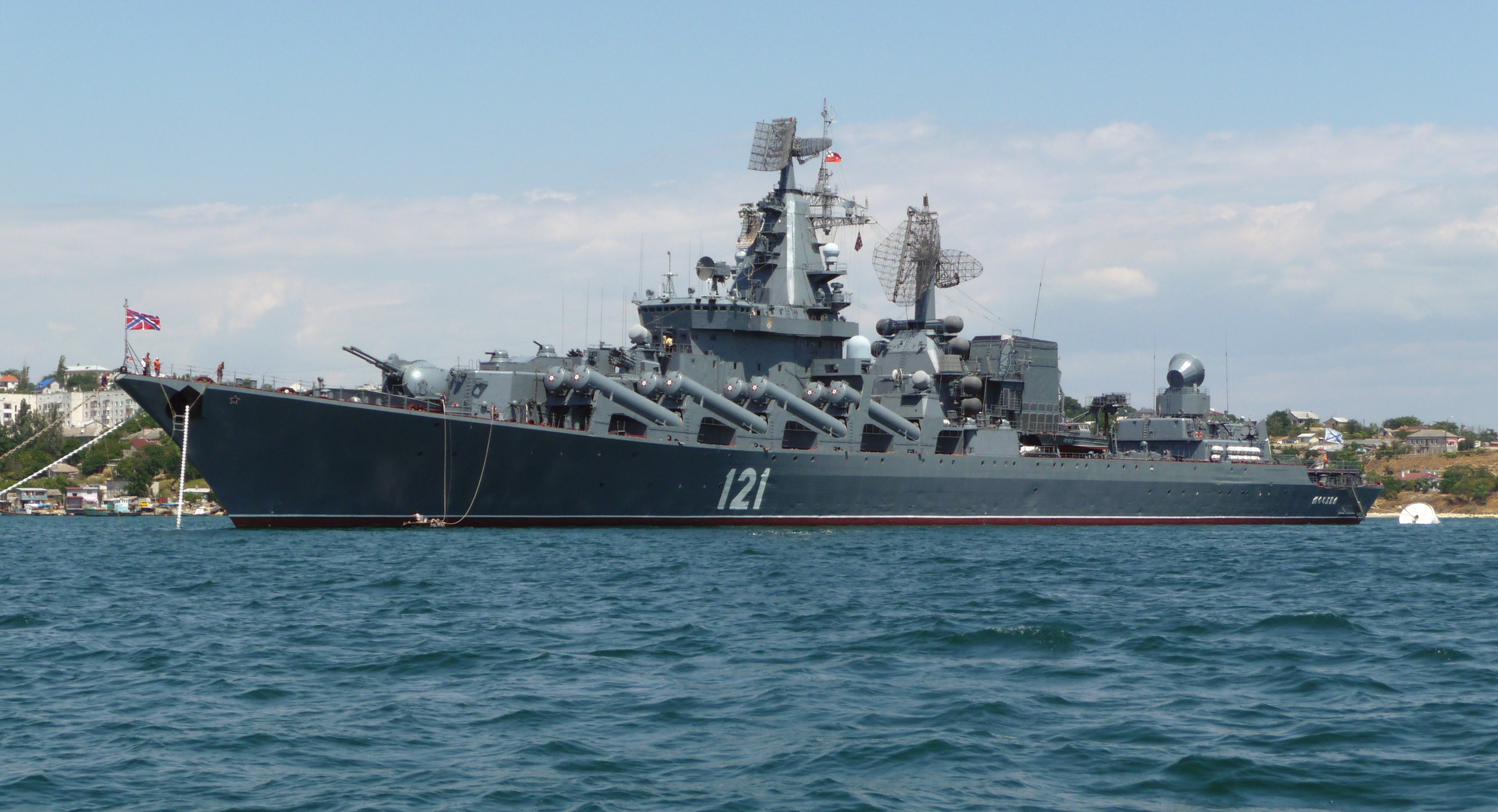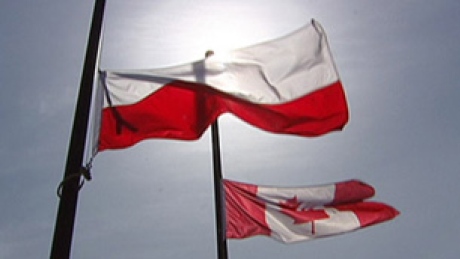On July 1, 2015, United States President Obama announced that the US and Cuba agreed to reopen embassies in Havana and Washington, DC. This is the biggest step forward in normalizing US-Cuban relations since Obama announced that he would begin the process of normalizing relations between the two countries in December 2014. This move follows several steps by the United States, such as removing Cuba from the list of state-sponsors of terrorism and lowering travel restrictions to the island. President Obama views the re-establishment of diplomatic relations as the first step in normalization of the relationship between the two countries, but there are still demands to be met by both parties before affairs between the two countries can be considered normal.
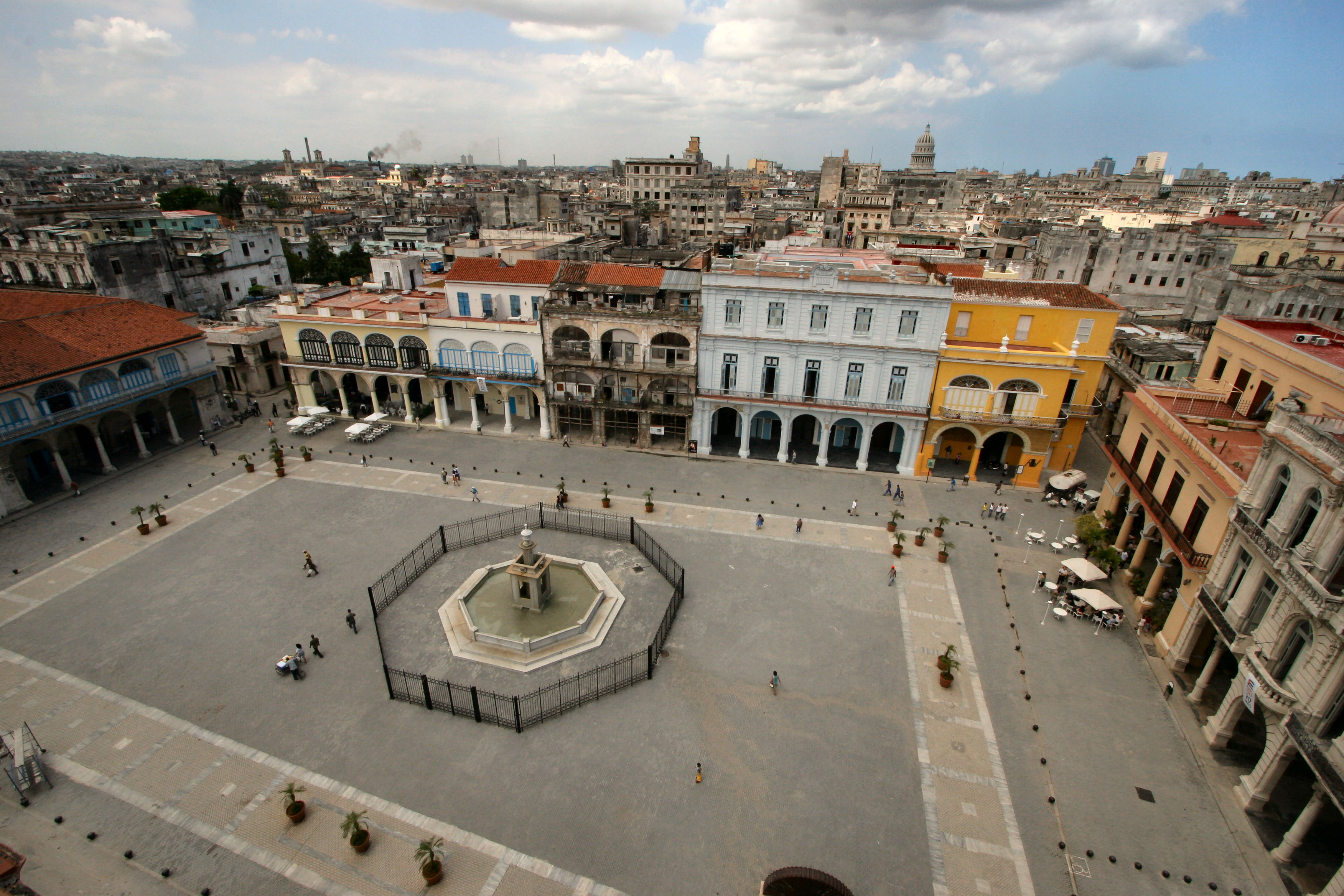 For its part, Cuba has raised a number of conditions for the United States to meet before full diplomatic relations can be re-established. The first and perhaps most important demand is the end of the economic embargo that has been in place against Cuba since October 1960 when US President John F Kennedy imposed the embargo in retaliation to the Cuban government’s decision to nationalize US oil refineries in the country. This embargo has been disastrous to the Cuban economy, with Havanaclaiming an estimated $1.126 trillion in damages as a result of the 50 year embargo. If the embargo were to come to an end, then Cuba would have access to all US goods which would have an incredible effect on reinvigorating the island’s lagging economy.
For its part, Cuba has raised a number of conditions for the United States to meet before full diplomatic relations can be re-established. The first and perhaps most important demand is the end of the economic embargo that has been in place against Cuba since October 1960 when US President John F Kennedy imposed the embargo in retaliation to the Cuban government’s decision to nationalize US oil refineries in the country. This embargo has been disastrous to the Cuban economy, with Havanaclaiming an estimated $1.126 trillion in damages as a result of the 50 year embargo. If the embargo were to come to an end, then Cuba would have access to all US goods which would have an incredible effect on reinvigorating the island’s lagging economy.
The Government of Cuba would also like to see the return of Guantanamo Bay and the closure of the detention centre which has been in American possession since 1903. They also want to see an end to any programs the US government uses to incite rebellion against the Cuban government, such as the television and radio broadcasts aimed at sending pro-American and anti-communist sentiments to the island. The final condition before relations can be normalized is financial compensation for the people of Cuba for the economic and human rights damages caused by the policies of the United States government.
For the Americans, there is a lot more division on what needs to happen before relations can be returned to normal. President Obama wishes to see the embargo ended and a full restoration of relations between the two countries and has made that very clear on numerous occasions. However, he cannot do this without the approval of Congress and the Senate, both of which are controlled by Republicans who oppose any move toward normalization. Obama still needs approval on both the embassy and an ambassador before July 20, 2015, when the embassies are set to reopen. The Republicans and some Democrats would also like to see the Cubans make progress on human rights before any concessions can be made. Secretary of Defense Ashton Carter has also said that there is no plan to return Guantanamo Bay to the Cubans. However there are still supporters of Obama’s plan, with bills already entering the US Senate to lift some sections of the embargo.
While there is a lot of division on what must happen before relations can be normalized, it does appear that progress is being made. The potential opening of the two embassies is a significant step forward in the relationship between two countries that have been completely isolated from each other for over 50 years. Both sides have demands that must be met and there will be significant opposition to President Obama before the embargo can be lifted, but progress is being made. It will not be long before we see the end of the embargo and the reinvigoration of the Cuban economy.

